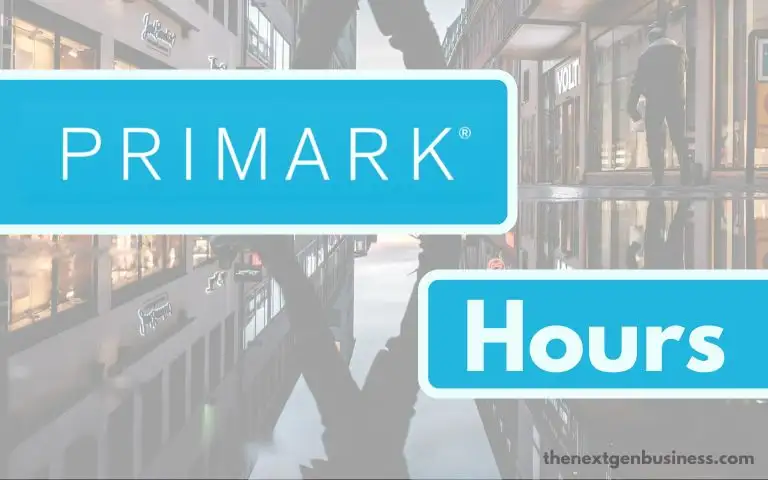Learning German for work not only enhances communication but also enriches your professional and personal life in Germany. Discover effective methods and resources to master the language for a successful career.
Learning German for the Workplace
Mastering German can be crucial for your career in Germany, especially in fields where communication with clients or colleagues is key. Assess your current level and set realistic goals for improvement, targeting workplace proficiency.
Cultural Nuances in Business Communication
Grasp the cultural nuances in business communication in Germany. This includes understanding the importance of formality, punctuality, and directness, which are highly valued in the German business context.
Formal Language and Professional Etiquette
Learn to use formal language appropriately in professional settings. In Germany, there’s a clear distinction between formal (‘Sie’) and informal (‘Du’) address, and it’s crucial to use them correctly in the workplace.
Language Courses and Immersion Programs
Consider enrolling in language courses or immersion programs. Many institutions in Germany offer courses specifically designed for professionals, focusing on business terminology and workplace communication.
Utilizing Language Learning Apps and Tools
Leverage language learning apps like Duolingo, Babbel, or Rosetta Stone, which can be helpful for building vocabulary and grammar skills. These tools are useful for flexible learning alongside your work schedule.
Practice through Social and Professional Interactions
Practice your language skills through social and professional interactions. Engaging in conversation with native speakers, whether in casual settings or at work, accelerates learning and builds confidence.
Understanding Industry-Specific Terminology
Familiarize yourself with industry-specific terminology, which is vital for effective communication in your field. This includes technical terms, jargon, and colloquial expressions commonly used in your industry.
Language Proficiency Levels for Employment
Understand the language proficiency levels required for different roles. Some positions may require advanced proficiency, while others might only require basic communication skills. This is often specified in job descriptions.
Overcoming Language Barriers in the Workplace
Overcoming language barriers in the workplace involves patience and persistence. Don’t hesitate to ask for clarifications, and make use of language tools or bilingual colleagues when necessary.
Balancing Language Learning with Work Commitments
Balance your language learning with work commitments. Set aside dedicated time for language study, but also integrate learning into your daily work life, like reading professional materials in German or attending meetings in the language.








